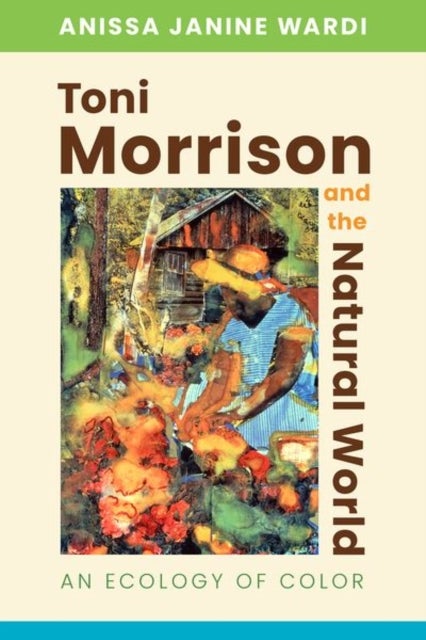
Toni Morrison and the Natural World av Anissa Janine Wardi
1429,-
Critics have routinely excluded African American literature from ecocritical inquiry despite the fact that the literary tradition has, from its inception, proved to be steeped in environmental concerns that address elements of the natural world and relate nature to the transatlantic slave trade, plantation labor, and nationhood. Toni Morrison''s work is no exception. Toni Morrison and the Natural World: An Ecology of Color is the first full-length ecocritical investigation of the Nobel Laureate''s novels and brings to the fore an unequaled engagement between race and nature. <p/>Morrison''s ecological consciousness holds that human geographies are enmeshed with nonhuman nature. It follows, then, that ecology, the branch of biology that studies how people relate to each other and their environment, is an apt framework for this book. The interrelationships and interactions between individuals and community, and between organisms and the biosphere, are central to this analysis. They highl








